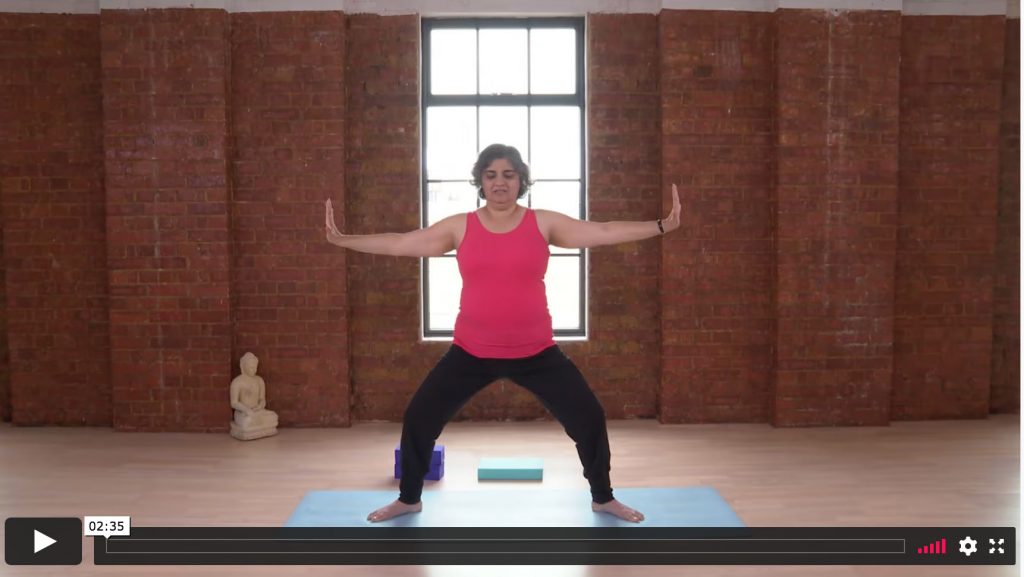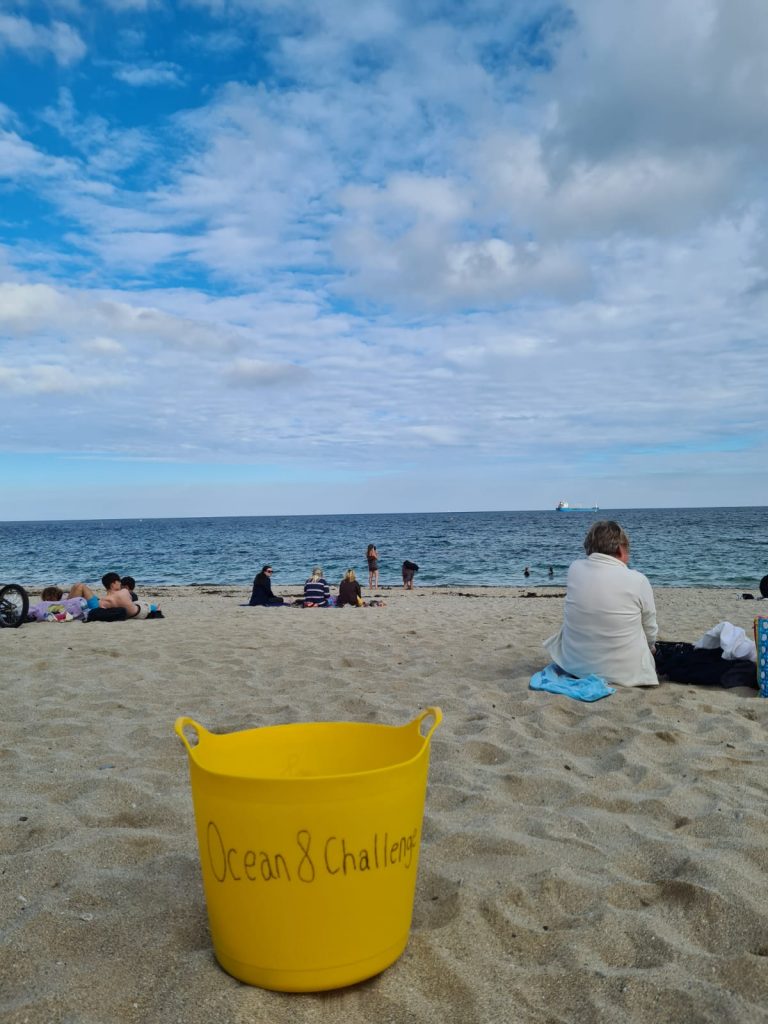Since 1992, the oceans have been celebrated every year in June. Yet, since this time, the health of the oceans has deteriorated significantly. Find out why the oceans matter; improve your wellbeing and help protect the ocean.

Why we need to protect the ocean
We urgently need to protect the ocean. Oceans cover 70% of the world’s surface; produce 50% of the oxygen; absorb 30% of the carbon dioxide produced by humans. Currently though, our oceans are in poor health. 50% of reefs have been destroyed and 90% of big fish populations have been depleted.
Oceans are not only crucial for the health of the earth but also for our health and wellbeing. Being in natural spaces is good for our health and there are lots of ways in which we can truly appreciate the beauty of our green spaces, for example through practices like Forest Bathing but what about the ocean? What does being near the ocean do for our health?
What is Blue Space?
The term blue space has been gaining popularity recently but what does it mean? Blue space is essentially large bodies of water. A 2013 study on happiness in natural environments found that the coast was the happiest location for many people. Another study showed that water has an even greater calming effect on the mind than green space in urban environments. Coastal environments have less polluted air, are associated with physical activity but most importantly they are seen as more accessible by everyone. Repeated studies have shown that the sea or large bodies of water are seen as a location for enjoyment by people from all socio-economic groups whereas forests are often accessed by the more affluent.
Water and Health
People living near water have a lower risk of premature death, a lower risk of obesity and generally report better mental health and wellbeing. Researchers also note that living by large bodies of water reduces the gap between the less and more affluent areas in the risk of dying prematurely. Access to large bodies is therefore important, but the research goes on to demonstrate that seeing water on screen or even imagining or visualising it can have significant effects.
>>Why not try this class to see how visualisation and intention can support you?<<

Now you’re inspired by the earth’s body of waters – take action to protect them.

What can you do to support the oceans?
It is clear that supporting our oceans and waterways is important to our future. As yoga practitioners, we can show ‘skill in action’ by committing to support the oceans and working towards a better future for all of humanity.
- Use reef safe sunscreen
Coral reefs support an underwater eco system and protect our coastlines from the worst effects of storms. Look out for the ingredients zinc oxide and titanium dioxide. These ingredients form a physical block against the sun and are safe both for you and the reefs. - Combat micro-plastic pollution
Use a micro filter in your washing. Microplastics have been found in around 600 marine species, and the decomposition of this pollution takes up to 450 years. Microfibres shed from clothing during washing are a significant source of ocean pollution. - Reduce plastic usage
Eight million tonnes of plastic builds up in the ocean every year. It is better to refuse plastic where possible and eliminate use of single use plastic where possible. - Shop wisely
In the UK more specifically, only a third of the key fish stock on which the fishing industry relies are considered to be healthy. The fish most at risk in the UK are unsurprisingly the most popular: cod, salmon, haddock, tuna and prawns. Consider choosing an alternative and finding out more at the marine conservation society’s good fish guide. - Sign the petition
Campaign for nature is calling on world leaders to protect at least 30% of the earth’s land oceans by 2030. You can help by signing the 30×30 petition. This decade has been declared the decade of the ocean by the UN and Find out more about the UN ocean decade





Leave a Reply